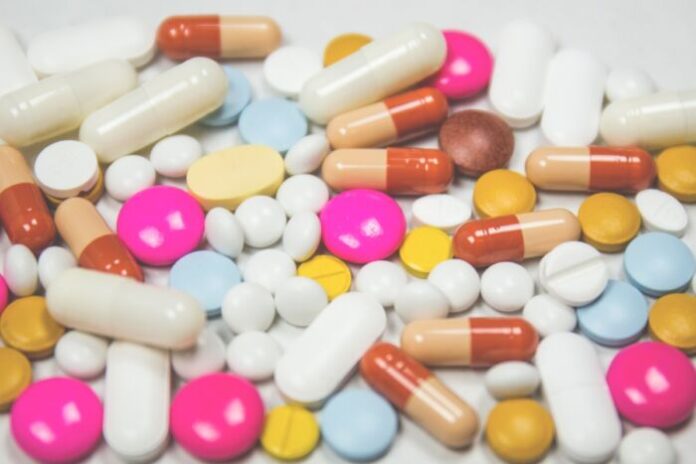
Expired medicines cannot be sent for separate collection because they are dangerous urban waste and must be disposed in a different way. The mistake that many commit, out of laziness or misinformation, is throwing expired medicines into the unsorted waste. To properly dispose of them, however, you will need to collect them and deliver them to a collection center or more simply to the pharmacies or medical clinics where the appropriate bins are located.
It is very important to correctly separate expired or advanced medicines from other wastes because they can cause enormous damage to the environment and human health. The medicine residues reach the purification plants, surface waters, drinking and groundwater. Contrary to popular belief, drug molecules are difficult to degrade and persist for a long time, accumulating and generating chemical pollution that in the long run can significantly alter the balance of the aquatic ecosystem.
For humans, the risk associated with the intake of contaminated drinking water is very unlikely, given the efficiency of the water purification systems. However, prolonged exposure over time to these substances could lead to an increase in allergies or to a lower effectiveness of antibiotics. In particular, the residues of antibiotics that end up in rivers also fight the bacteria useful for the aquatic ecosystem; moreover, coming into continuous contact with antibiotics, the bacteria become stronger and stronger, which facilitates the development of dangerous strains resistant to the active ingredient.
The first rule to properly dispose of expired medicines is to differentiate the packs in which the drugs are contained, before throwing them: separate the blisters and plastic or metal packs from the paper box and the package insert, inserting them in the usual collection containers differentiated for plastic and metal and for paper. Empty glass bottles are placed in the glass bells. Only in the event that there is a residual liquid medicine, it must be kept inside its own bottle and thrown into the container in the pharmacies.
Removing the packaging increases the space in the container for other expired medicines and paper, plastic, metal and glass are correctly differentiated.
In collaboration with SmartRicicla we have compiled a list of the elements that must be placed in the special bins for the collection of expired medicines present in pharmacies:
- syrups;
- tablets and tablets;
- bottles with medicine residues;
- ointments
- injection vials;
- disinfectants;
- syringes, being careful to cover the needle with its cap.
The following must be conferred separately:
- packaging – often made of paper and must be disposed of with it, as well as the package leaflet.
- empty blisters, tubes and sachets – once the drug has been used, the package must be disposed of in the appropriate containers depending on the material it is made of.
- supplements – they are not real drugs and therefore should not be placed in pharmacy binders. The box (in the paper), the blister (in the plastic) and the integrator (in the undifferentiated) can be differentiated.
- blisters and bottles – if they still contain the drug, they must be disposed of in the pharmacy.
- syringes, thermometers, disinfectants and the like must be disposed of according to the rules of your town.
Read more:
- Separate collection: how to recycle used cooking oil
- Separate collection: how to recycle metals: steel and aluminum
- Separate collection: how to recycle glass
- Separate collection: how to recycle paper waste
- Separate collection: how to recycle single-use gloves and masks
- Separate collection: how to recycle plastic waste
- How to make separate collection: what to throw in the unsorted waste
- Separate collection: how to properly recycle organic waste
- How to make the separate collection: recycling codes and symbols
- How to recycle: a guide to separate collection




































